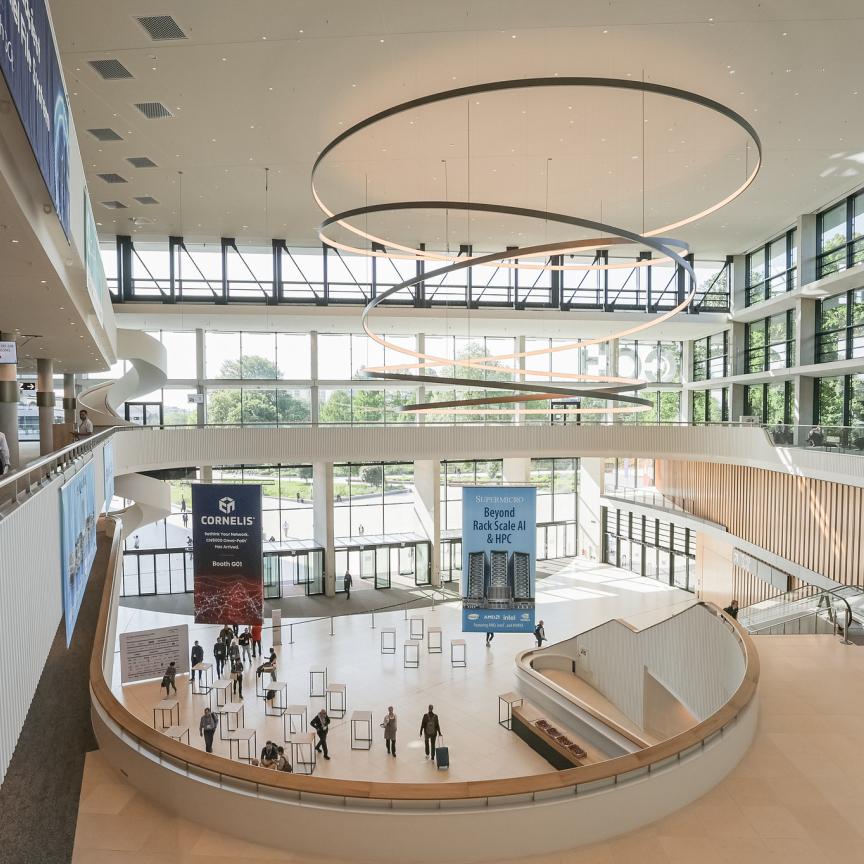Thanks to Star Trek, a couple of generations of us have been brought up to believe that space was the final frontier (and that it was permissible to split infinitives... albeit boldly). Seeking out new knowledge would be a physical voyage of discovery into deep space. But while we may not yet have transporter beams nor phaser stun guns, some of the basic technological assumptions underpinning Star Trek are beginning to look remarkably out of date.
Not least is the assumption that the difficult thing in research is actually acquiring the data. Increasingly, in many areas of science the problem is not only seeking out new knowledge but also in making sense of the data that we already have.
This has now become a serious problem in the life sciences, as Brian Donnelly remarks in his interview on this website. Biology is a knowledge-driven science rather than an axiom-driven one like physics or astronomy. The most difficult thing in biology is not the conceptual underpinnings of the subject - theoretical biology is very different from theoretical physics - but the vocabulary, nomenclature, and sheer lack of system for the names of things. These problems are having a profound impact on the direction of scientific computing, as computational biologists start to compile 'ontologies' - systematic classifications that will allow computer searching of plain text databases to allow biologists to derive new knowledge from data that is already there.
But the trend to deriving scientific discovery from existing data - and the corresponding need to harmonise and make compatible the formats in which the data are stored - is happening right across science. As Vanessa Spedding describes in her article, observations of a star, galaxy, or other celestial object, taken at one wavelength may not be compatible with data on the same object taken in a different part of the spectrum. It is now a formidable challenge facing astronomy.
The problems are brought into sharp focus by the increasing interest that researchers in all disciplines are taking in the Grid. In the UK alone, government funding has already started to flow towards the AstroGrid project that will feed into international efforts to construct a global 'virtual observatory'. The particle physics community is already well on the way to developing its Grid. The needs of biology are rather different, but it is in the life sciences above all that the Grid offers researchers (both in academe and in commercial companies) the bene- fits of integration, communication, and the opportunity for a voyage of discovery. Cyberspace: the final frontier?

Dr Tom Wilkie

